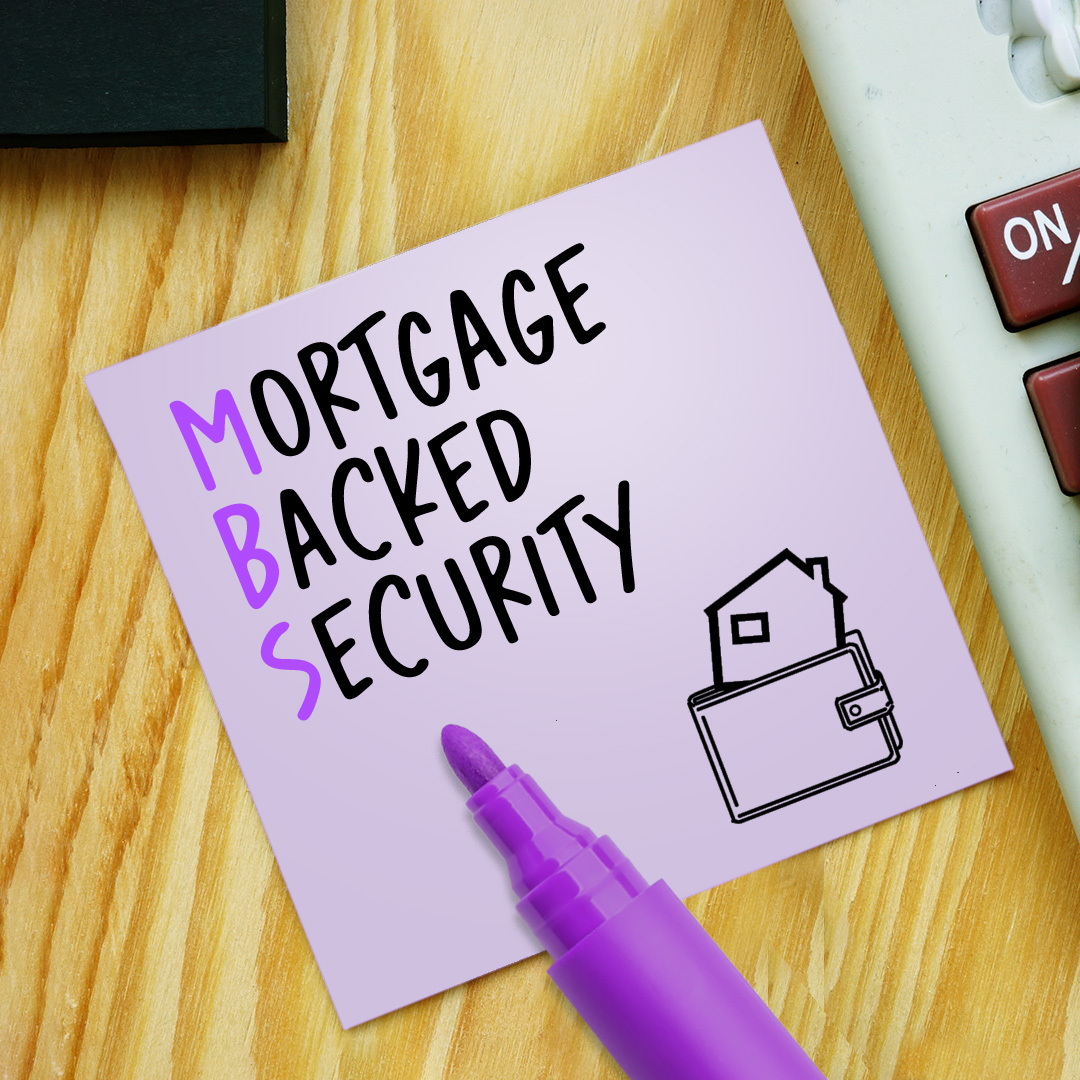A Quick Home Buyer’s Guide to Repairing Bad Credit
Repairing bad credit doesn’t happen overnight, but as a potential home buyer, there are a few things to keep in mind as you work to improve your credit score. Check out the list below:
1. Find out your credit score
You can’t improve bad credit if you don’t have a starting point. Lenders look at a potential homebuyer’s credit from all three credit bureaus – Equifax, Experian, and Transunion – and the last thing you want is to be sitting in a lender’s office feeling embarrassed by a poor credit score.
It may be intimidating, but you do have access to a free credit report every 12 months. Once you receive your free credit report be sure to review your credit history for any errors. If you find any discrepancies, contact the credit bureau, and notify your creditors.
2. Diving into details
Taking the initiative to repair your credit score can be overwhelming, but it’s important to take a look at what you owe and whom you owe it to. Find out your interest rates, list them from highest to lowest, and decide to pay off the cards with the higher interest rates first, while continuing to pay the minimum amount on ones with lower rates – of course if you can pay a bit more than the minimum, it’d be wise to do so.
While diving, take an honest look at your bank statements and get a sense of your spending patterns. Ask yourself: Is there anything you can cut back on while you work to regain your financial health? Are there any habits standing in between you and good credit?
3. Plan ahead and pay on time
Paying your bills on time is crucial to bad credit repair. Being only a few days late on payments can have a negative effect on your credit score; not to mention, it isn’t the most encouraging news for your lender to hear about you. Be aware of due dates. If your memory tends to get foggy, opt to use an app like Mint to set payment reminders, and set a budget.
Keep in mind, if you decide to set your payments automatically, you’ll only be charged the minimum payment, and when tackling debt, it’s in your best interest to pay more than the minimum amount.
4. Avoid common errors
Don’t be so quick to close your accounts. You may be on a high from finally paying off a credit card, but credit scores are based off credit history, and the longer you’ve maintained an account, the better. Every once in awhile, use the card to purchase something inexpensive and pay it off immediately; it’s important to keep the account active.
Don’t get credit happy and open a bunch of accounts to decrease the appearance of your debt and increase your available credit. Focus on tackling what you owe. Opening many accounts at once can work against you in the world of credit scores.
5. Ask questions and use your resources
It’s in your best interest to learn everything you can to improve your credit score. Speak to your creditors about what you can do to pay off your debt. Some creditors will allow you to make an arranged payment in full as opposed to the entire amount owed.
If you’re really struggling with this money management stuff and have no idea where to begin, contact the National Foundation for Credit Counseling (NFCC) for assistance. It’ll never hurt to educate yourself on something that’ll always have an impact on the financial aspect of your life.
6. Consider an FHA home loan
It is true – a credit score less than 619 is considered poor, but that doesn’t have to stop from speaking to a lender. With a credit score of at least 580 you could qualify for an FHA home loan.
Bad credit doesn’t have to stop you from becoming a homeowner today! Speak to a personal loan consultant New America Financial today.



